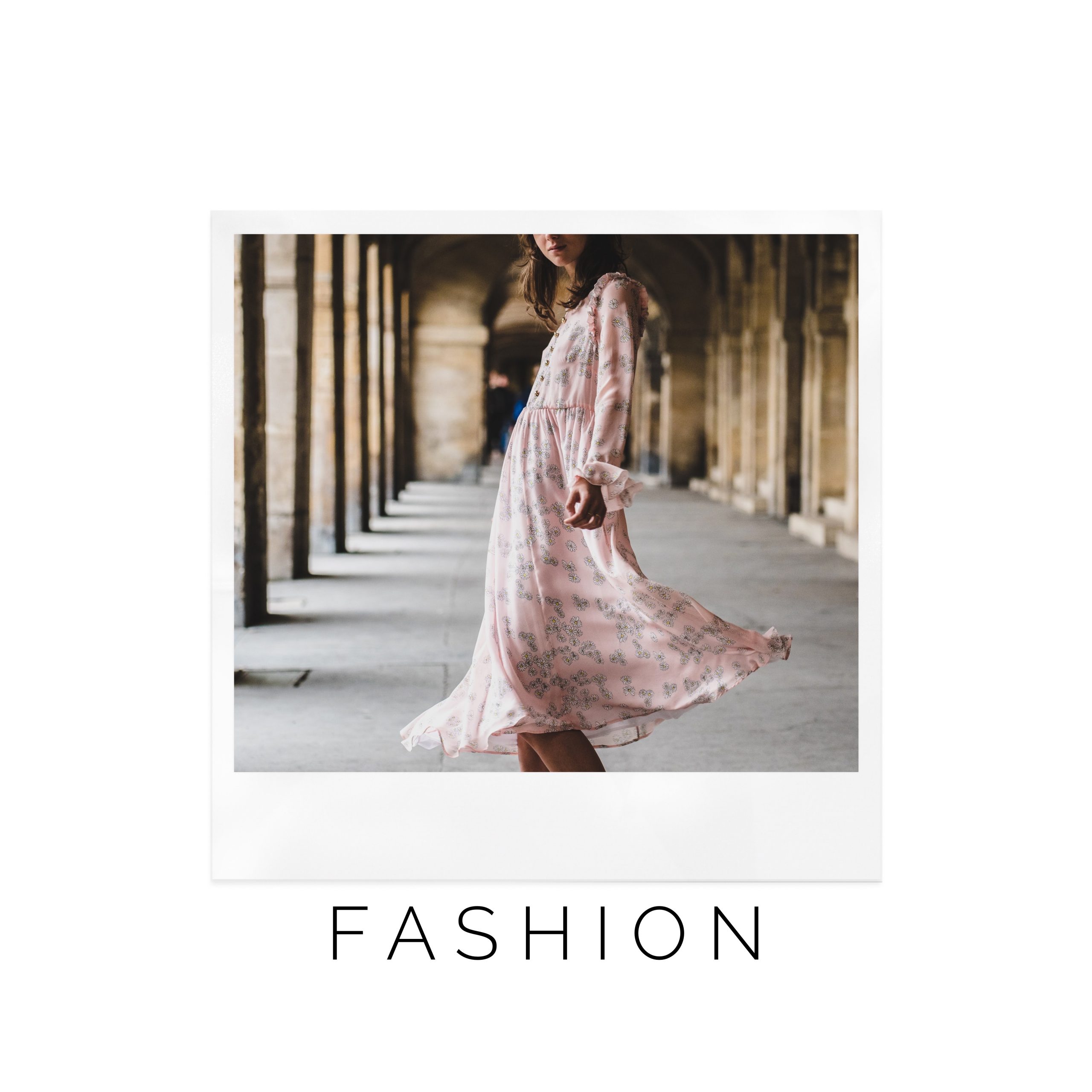What happened at Boohoo? Fast Fashion Under Scrutiny
Today, it has never been easier to have the latest fashion trends at your fingertips. With a few clicks of a button, we can have almost anything delivered to our door in days. It is convenience driven consumerism. But the fast fashion industry has long been threatened with the potential of modern-day slavery in its supply chains.
Within a matter of days of the Covid-19 order to ‘social distance’ and ‘stay home’, fast fashion brands were able to change their marketed stock. And branding from Instagram worthy going-out clothes, to comfortable loungewear, perfect for staying indoors. This immediate change of stock and design raises the question: under what conditions are these clothes being made and released so quickly?
–
Modern Slavery in the Fashion Industry
Modern slavery in fashion industry supply chains saw worldwide media attention in 2013, after the collapse of Rana Plaza in Bangladesh. It housed five garment factories and saw 1,132 workers lose their lives and injure a further 2500. In the aftermath of the disaster, it was discovered that factory workers were subject to unsafe working conditions and illegally low wages. As a result, the disaster gained worldwide attention and outrage for the rights of the garment workers.
Despite this outcry, little change has occurred. And we are still seeing this in 2020! In July, fashion mega-brand Boohoo faced allegations of modern slavery in their supply chain in factories in Leicester, UK. Multiple factory workers claimed to have been paid £3.50 per hour, far under the legal minimum wage of £8.20. The factory workers also reported unsafe working conditions of fire risks, and cramped conditions. Also they reported that they were not adhering to Covid-19 regulations and risking a spread of the virus throughout the factories, as the number of cases in the city surged.
The review found that Boohoo did not deliberately allow for the poor conditions to exist in their supply chain. Also that their business model is not founded on exploiting workers. But it did find that Boohoo did have the opportunity to improve the conditions from as early as December 2019. As a fashion megabrand, Boohoo has pledged to reform its supply chain. By engaging more ethical suppliers and ensuring that supply chain compliance will now become a mandatory item at every board meeting. So there is a continuing transparency issue for global brands like Boohoo that must constantly overhaul of their products to meet demand.
–
We can Help make a Difference
As consumers, we can’t be responsible for large company ethics but we can be the ones to influence a change. When we continue to support brands that are able to capitalise on robbing the safety and freedom of their workers without accountability, we are continuing the cycle of modern- day slavery. When we choose ethical companies that are transparent and constantly working on the risk of slavery in their supply, we are rewarding good behaviour! So think about moving to a more ethical wardrobe.
–
Three top tips for building an ethical wardrobe:
-
Buy Second Hand!
Second-hand stores bring with them the fun experience of finding an unexpected bargain. Also, it is a sure way to know that you are shopping ethically and slowing down fashion. As a result less landfill. Another way to shop second hand is by hosting a clothes swap event. Because this is a fun way to bring your family and friends together and also revamp your wardrobe. By lengthening the life-span of a clothing item, you are helping to lessen the constant demand on garment makers in the fashion industry.
-
Shop Local! Affordable fashion made ethically
It is important to be aware of where your fashion is coming from. Shopping locally and from small businesses is one way to begin. Start by visiting local markets to find unique and hand-made jewellery and accessories. As a result you making sure that what you are buying is ethically made. Added to that you are helping your neighbours with small businesses.
-
Know Your Brands!
As awareness on modern slavery in the fashion industry is rising, multi-national brands are becoming more accountable and transparent in their supply chains.
Baptist World Aid, a not-for-profit organisation has created an annual Ethical Fashion Guide.
This guide allows shoppers to know whether the brands they are buying from are making efforts to mitigate risks of slavery. Modern slavery includes forced labour, child labour, worker exploitation and environmental degradation in their supply chains.
By supporting The Freedom Hub or shopping at our ethical store, you are assisting survivors of modern-day slavery and ensuring that you are buying ethically made, quality products.
[ Written by: Krissy Kime – another awesome Freedom Hub Volunteer ]
Join our Community
If you would like to volunteer, contact us here.
Or if you would like to get our monthly up date, opt in here.
If you would like to support a survivor, donate here. (tax deductible)
SO THANK YOU FOR TAKING THE TIME TO READ OUR BLOG XX (Please review it or share it with others).
–
Other blogs you might enjoy:
Three Women: Real Lives – Trafficked




